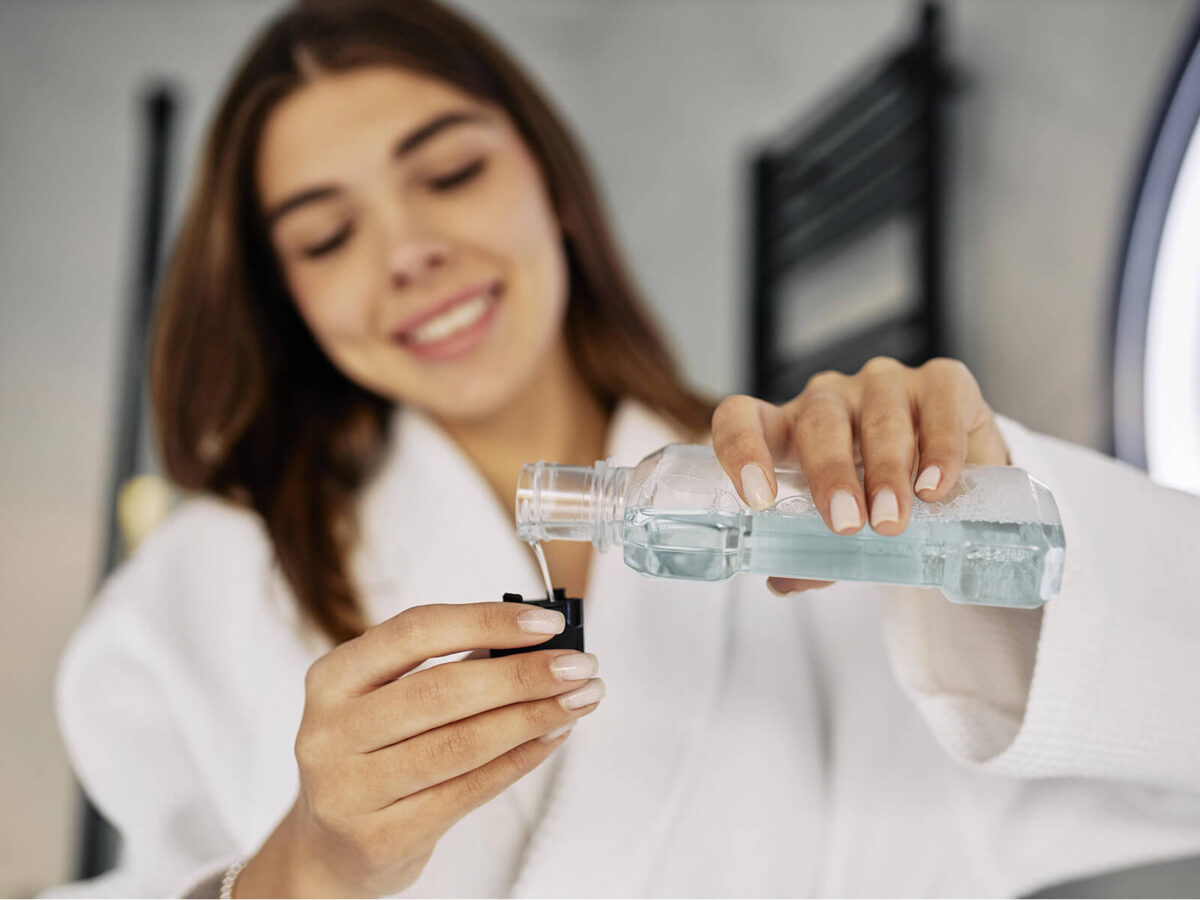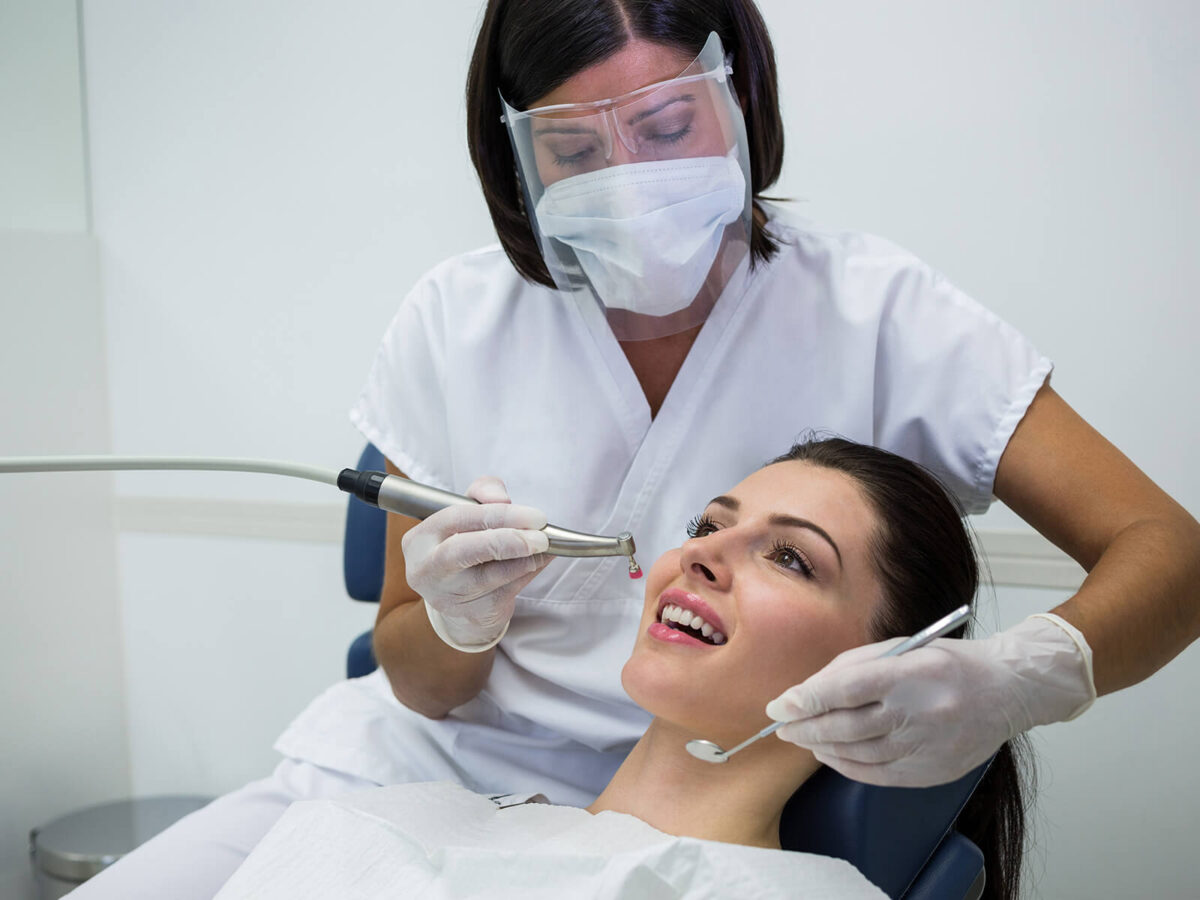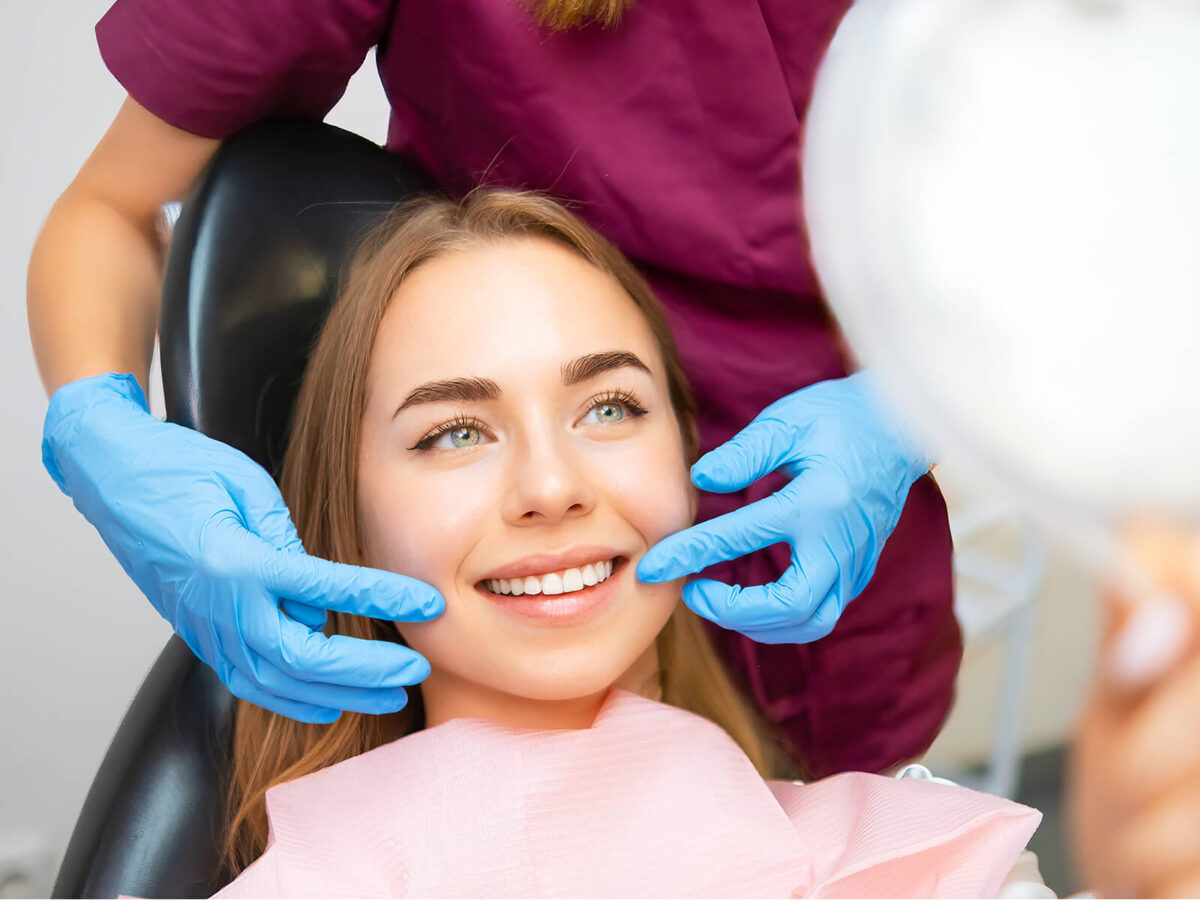Wisdom teeth extraction can be a scary procedure that leaves you with swollen lips and worries about how to take care of yourself afterward properly. One frequently asked question is if using mouthwash after the operation is safe. Statistics show more to the response than a simple yes or no. After having wisdom teeth out, mouthwash usage needs to be carefully considered and guided. We shall examine advice from Grangerland Dentist TX in this piece.
Mouthwash and Wisdom Tooth Removal
Typically, mouthwashes contain antiseptic chemicals that help remove food particles, plaque acids, and germs from the mouth. While it can be a useful addition to routine oral care regimens, mouthwash should never be used instead of brushing and flossing.
More crucial in the immediate aftermath of a wisdom teeth extraction is for a blood clot to develop at the extraction site than for eliminating germs. Upsetting this blood clot—which can be bad for the healing process—can lead to the development of the excruciating disease known as dry socket and ongoing bleeding.
Dentist Recommendations
The dentist offers dental hygiene advice.
- Before using mouthwash after wisdom teeth extraction, wait for the blood clot 48 hours to form and settle.
- Avoid rinsing or disturbing the extraction site during healing.
Replace mouthwash with warm salt water rinses to gently clean the area. - Following your dentist’s advice will aid healing and reduce risk.
- Please consult your dentist with any post-operative questions.
When Can Mouthwash Be Used?
Most dentists advise waiting a week before using mouthwash once the gums heal. It prevents interference with healing and extraction site closure.
After the first healing phase, your dentist may recommend a mouthwash like Peridex (chlorhexidine) to prevent infections and eliminate food particles from behind the molars.
Importance of Proper Aftercare as per Grangerland Dentist TX
Keeping your teeth clean is essential to the healing process after wisdom tooth extraction. However, in order to prevent issues and guarantee a speedy recovery, it’s crucial to strictly adhere to your dentist’s advice.
The results stress other important post-operative care recommendations in addition to not using mouthwash:
- Giving off cigarettes for at least a week
- Over the first week, eating only soft foods
- Swelling can be reduced with the use of cold packs and head elevation.
- Do not use straws for the first few days while drinking
Types of Mouthwash to Avoid
Certain mouthwashes, particularly those that are to be used after wisdom teeth extraction, contain harsh chemicals or alcohol that can irritate your mouth’s delicate tissues. Strong artificial flavors, menthol, hydrogen peroxide, and alcohol (ethanol) are a few examples of these components.
Using mouthwashes containing these substances should be avoided in the early phases of recovery to reduce irritation and possible disruption of the blood clot at the extraction site. You should instead use mouthwashes designed for sensitive mouths that are moderate in alcohol content or alcohol-free.
Before you use any mouthwash, make sure it’s safe for your current condition and stage of recovery with your dentist at Grangerland Dental.
Conclusion
It is not a good idea to use mouthwash immediately following a wisdom tooth extraction. For optimal healing and issue prevention, be sure to follow all of your dentist’s recommendations about oral hygiene, including using salt water rinses. To ensure a safe and comfortable recovery following wisdom teeth extraction, follow these instructions and communicate directly with your dentist in Grangerland, TX.





